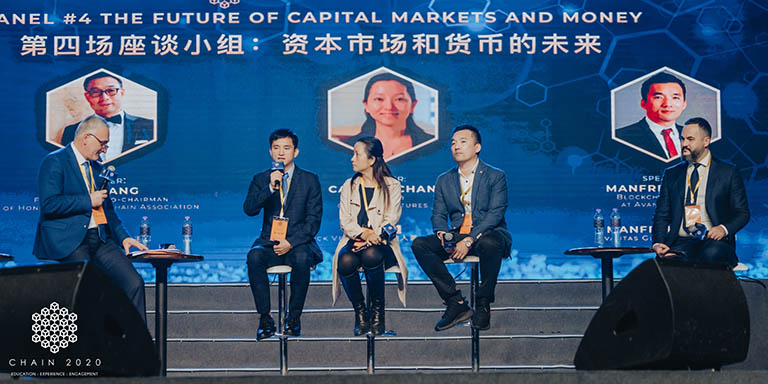
An early-stage venture capital firm – investing in seed- to series-A scalable technology start-ups across promising sectors – Click Ventures has helped many Asian and United States-based start-ups fast-track their global expansion. Founder and Managing Partner Carman Chan, named one of the most influential women in Asian tech by Nikkei Asian Review, has almost two decades’ experience as an entrepreneur and has spoken at events including the Web Summit, Venture Forum and Silicon Dragon.You founded Click Ventures in 2015 and have been angel-investing since 2013. What are some of the biggest changes you have seen in the tech industry during this time?
In the past seven years, the whole ecosystem has changed a lot, thanks to cloud computing and mobile apps – even to start a website, it used to be much more expensive and you’d need to raise a seed round. It’s meant that businesses can start out with a very small team and very little money and do a lot of testing before they scale up. Start-ups can also expand much earlier outside of their region, whereas before they’d be focusing on their own country. Some of the companies we’ve worked with have been able to expand globally from day one, and may do fundraising not only in their own country but also reach out to angels in other countries to participate in other rounds and leverage on local connections. What trends are you noticing in the tech industry?
One example is autonomous cars, or autonomous machines: some hotels in Mainland China and Singapore utilise small robots to deliver towels or toothbrushes to guests. Then you have autonomous drones being used in farming to apply fertiliser. Such new tech, of course, replaces manpower, which is definitely a trend within the industry.Of the start-ups you are working with, which do you think will do particularly well?
One of our portfolio companies has set up an online network to help firms connect with experts when they do global expansion. With the old model, account managers would have to find potential experts manually. Our start-up profiles half a million experts using machine learning to create an expert database. It enables clients to search the database and look at experts’ profiles, and audio or video links. They can directly book a consultation within the platform instead of using the phone. This also keeps everything confidential, as it’s done by machine. How do you help your companies expand across the world, matching them to the relevant global connections?
Portfolio companies can search who I’m connected to on LinkedIn and ask for introductions. As I speak at events in many countries, I’m connected to experts in different industries globally. Start-ups nowadays need to expand to countries that they would perhaps never imagine. One of our portfolio companies in Singapore actually hired their first engineer from Georgia, while another was interested to find out more about Georgia. So it’s very global. What kind of start-ups excite you most?
Those looking to set up totally new business models enabled by new tech that no-one has done yet, as the tech has not matured. Have you spotted any trends in start-up investment?
In the last few years, there has been more seed capital in Hong Kong, and more people have started to get interested in angel investment, even without a tech or entrepreneurial background. Another big trend is allocating cash into very early investment, including at seed stage. That can be good and bad. Some investors are not that ready and don’t have the knowledge to do seed investment. If it’s very risky, they may try to use some methodology to reduce risk, and implement strange restrictions, or personal guarantees. They are trying to reduce risk but don’t understand the dynamics. If you implement too many restrictions, it can kill the start-up, making it hard for them to raise money in the future if they accept those kinds of terms. What are the advantages of setting up a business in Hong Kong for tech start-ups?
Hong Kong is a popular hub, and start-ups will often set up one of their teams from here. If they are hardware-related, they will need to go to the mainland. Some people set up in the mainland, but then they can’t access WhatsApp, Facebook and Google so communication with other team members elsewhere can be difficult. If you’re in Hong Kong, you can still have team members easily go to the factory. In Hong Kong, there’s very low tax for start-ups, even lower than in Singapore. It’s very simple too – just profit tax. In Singapore, it’s a little bit more complicated. What are your long-term goals for Click Ventures?
We’re planning to raise a new fund and were due to start fundraising in April, but we’ve deferred the plan. Raising cash can mean reaching out to investors remotely but fund investors prefer to build a relationship with you, and have face-to-face conversations for six months to a year. We’re also about to set up a mini project online supporting portfolio companies and start-ups who reach out to us. While we mostly work with start-ups in the US and Asia, more are reaching out from different places. We hope to help them with advice and contacts, even if we don’t invest in their business.
Related links
Related link
Click Ventures

